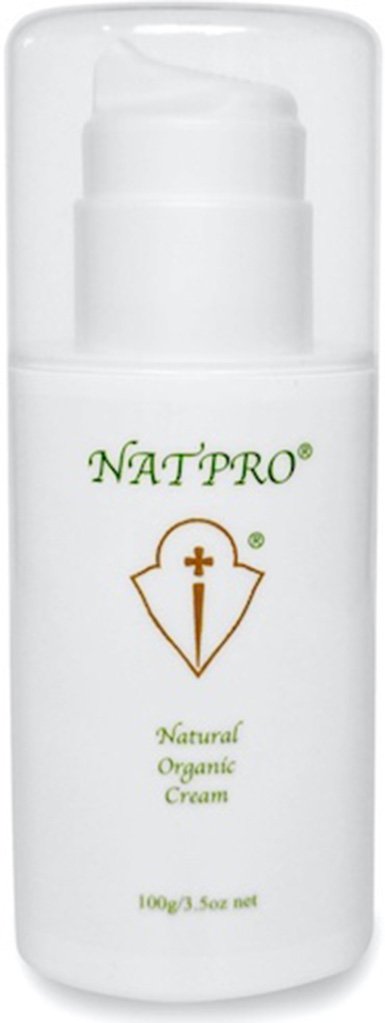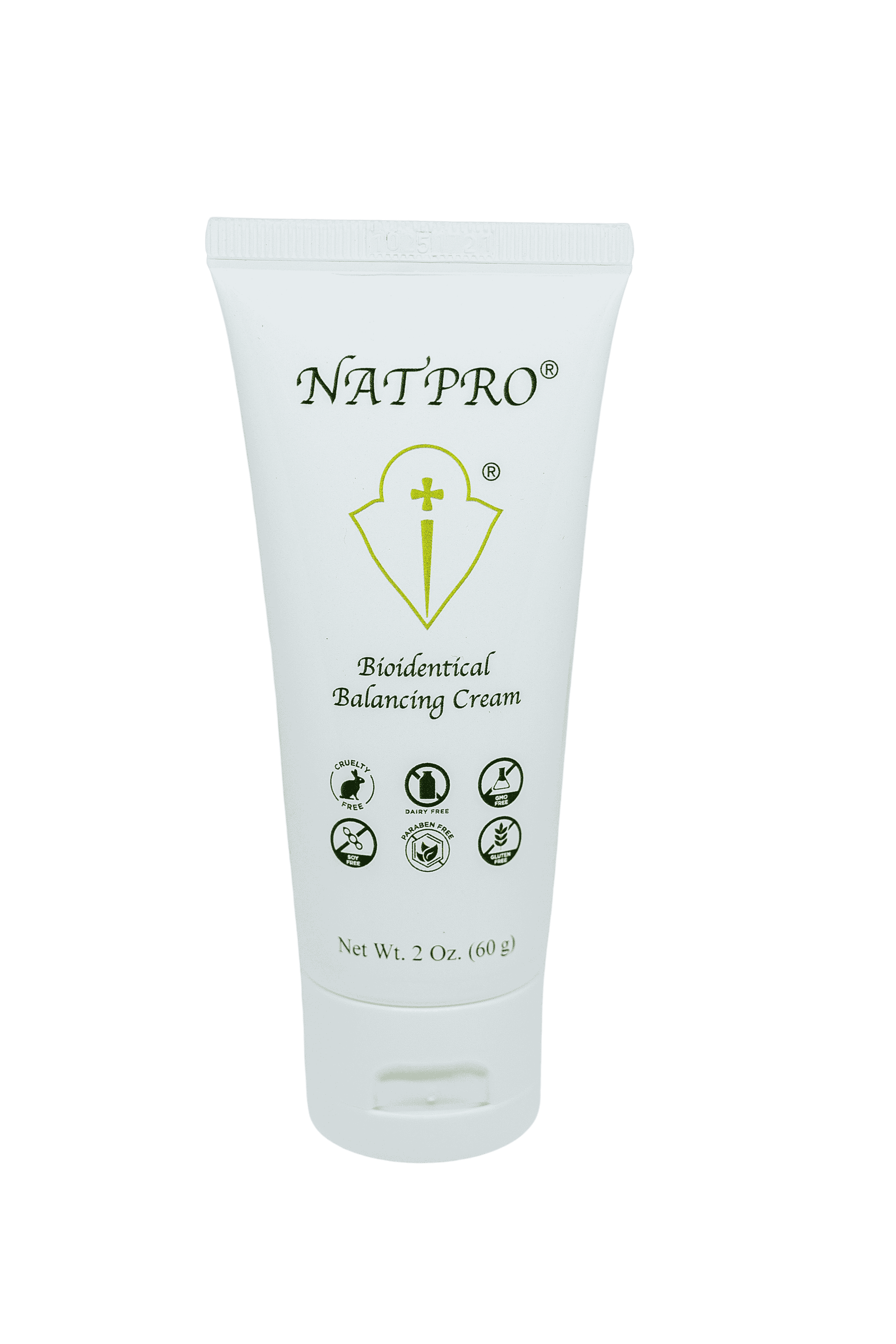Menopause, Hair Loss, and Too Much Estrogen
by Donna Palmer
(Kailua, HI)
It’s no secret that menopause means you will be experiencing lots of bodily changes. But what you may not have been expecting is for menopause to cost you your hair! It is true though, that most women will experience hair loss during menopause. How much hair loss you experience and how long the loss lasts depends on a number of factors including genetic propensity, lifestyle, diet, and health.
Even though it is by no means rare for a menopausal woman to suffer from alopecia, many doctors don’t seem to have a solution and can be unsympathetic. The condition is often overlooked as a normal part of the aging process. Sometimes, Rogaine is suggested; but while Rogaine has the potential to enhance existing hair it does not offer a real solution to the original and underlying cause of your hair loss. And it cannot prevent future thinning.
Finding The Cause
Alopecia can be caused by many conditions but most hair loss in women (and men) can be attributed to hormonal factors. It has become obvious that hair is very sensitive to large hormonal shifts. Think about getting on and off birth control, pregnancy, and yes, menopause. Changes in your body’s levels of estrogen, progesterone, and testosterone can and will likely affect hair growth. So much so that if a woman is experiencing a significant amount of hair loss, the first thing to consider is whether there has been any significant hormonal changes.
This is why doctors will say that it is “normal” for women to have hair loss as they head into menopause. A better way to put it is that it is understandable that a menopausal woman experience hair loss. One great misconception about menopause is that the symptoms of menopause are always caused by an estrogen deficiency. The symptoms of perimenopause and menopause are caused by changes and fluctuations of hormones. When it comes to hormones, balance is key. Estrogen levels do fall as women head into menopause, but the hormone progesterone falls much more.
Hormonal imbalance is the primary cause of what is known as male pattern baldness when it occurs in women. This pattern of hair loss can be seen in women with Polycystic Ovarian Syndrome, sometimes after pregnancy, and when heading into menopause. The problem is exacerbated when some women have a genetic predisposition to male pattern hair loss. If all this information has gotten you down a bit, there is some light at the end of the tunnel. The good news is that most cases of female pattern hair loss do not result in complete baldness. There’s more good news; hormonal hair loss in women can be treated. Women who are able to balance their hormones can stop the hair loss and restore a full head of hair.
...To continue reading this article and for more tips on how you can beat hair loss visit HowToStopHairLossforWomen.com.

